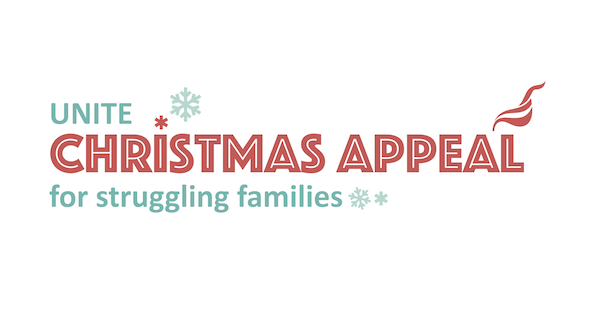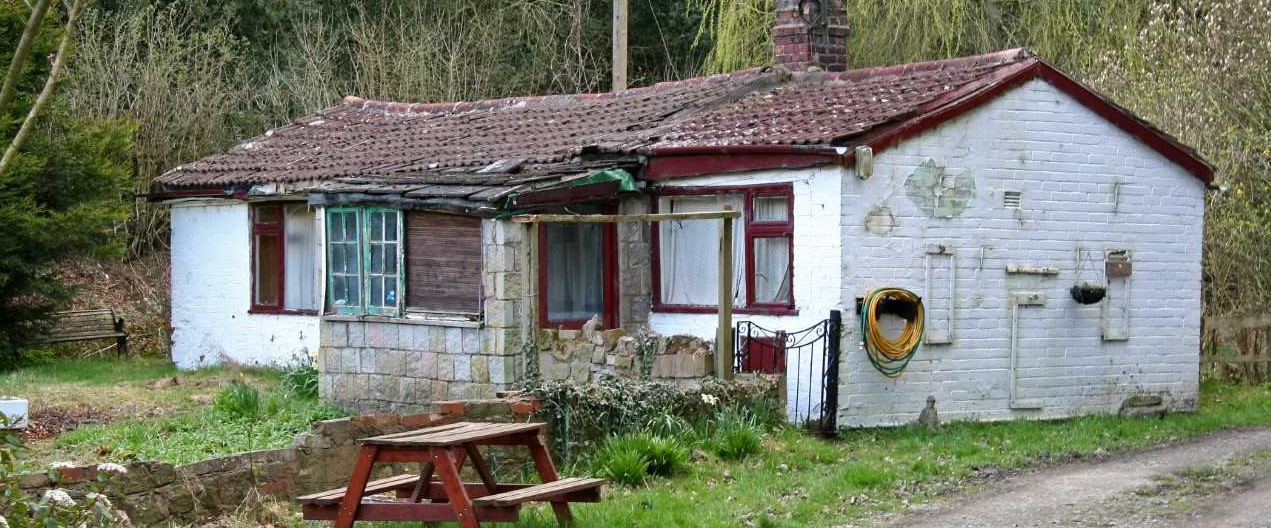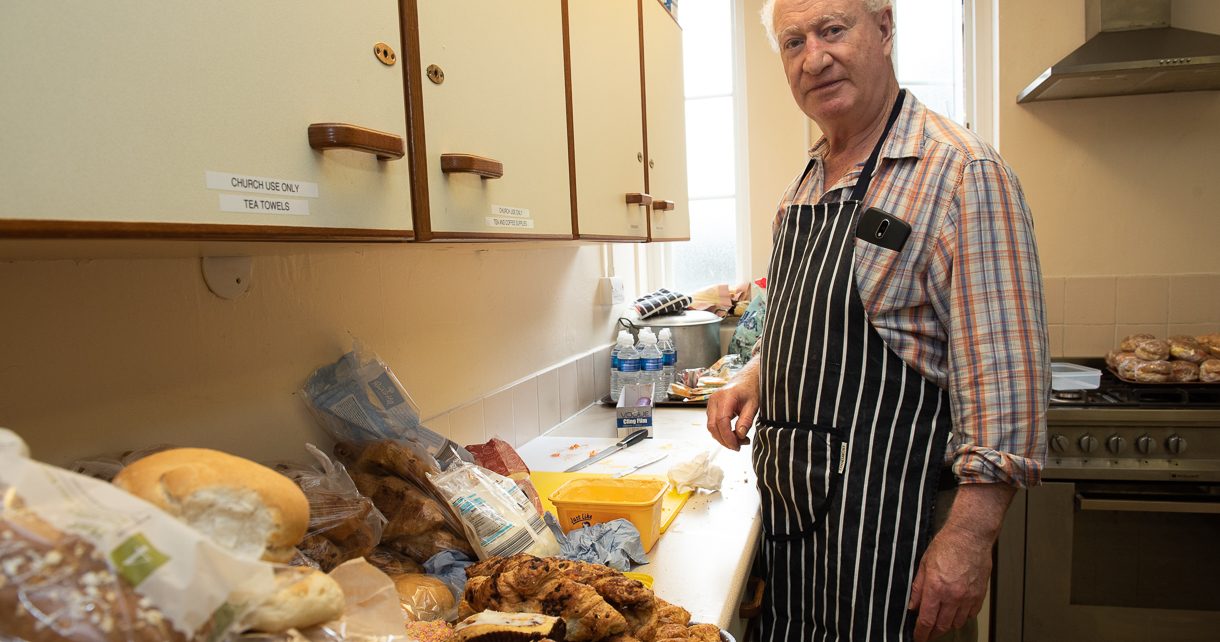The cost of poverty
Poverty costs the UK £78bn a year in public spending and lost tax, new research into the effects of deprivation on Britain’s finances has found.
The Joseph Rowntree Foundation (JRF) â€Counting the Cost of UK Poverty’ report, carried out by Heriot-Watt and Loughborough universities, showed that dealing with poverty costs every person in the UK ÂŁ1,200 a year and accounts for a fifth of all public service spending.
The cost of treating ill-health brought on by poverty, amounting to £29bn or a quarter of healthcare spending, took the lion’s share of the £78bn.
The rest of the extra costs were incurred through lost tax revenues and increased spending on education, children’s services, policing, criminal justice and benefits.
JRF chief executive Julia Unwin said poverty was not just a social issue but an economic one too.
“Poverty wastes people’s potential, depriving our society of the skills and talents of those who have valuable contributions to make. This drags down the productivity of our economy, hinders economic growth, and reduces tax revenue,” Unwin said.
“Taking real action to tackle the causes of poverty would bring down the huge £78bn yearly cost of dealing with its effects, and mean more money to create better public services and support the economy. UK poverty is a problem that can be solved if government, businesses, employers and individuals work together.”
The analysis found that 20 percent of the education budget – around £10bn – is spent on dealing with the impact of poverty through the provision of free school meals, premiums to help poorer children improve their academic performance and other initiatives.
Around £7.5bn is spent on children’s services that tackle poverty, amounting to 60 percent of the children’s social care budget and 40 percent of the early years budget.
Higher crime rates in deprived areas mean ÂŁ9bn of the ÂŁ78bn is spent on policing and criminal justice, whilst another ÂŁ9bn is incurred through benefit costs and lost tax revenues.
The estimations did not include anti-poverty benefits such as jobseeker’s allowance or working tax credits, the report’s authors said. Nor did the ÂŁ9bn of lost tax revenue represent the total amount because it was based on people who grew up in poverty and did not include individuals who went on to experience poverty in adulthood.
“It is hard even to estimate the full cost of poverty, not least its full scarring effect on those who experience it. What our figures show is that there are very large, tangible effects on the public purse,” said Loughborough University professor Donal Hirsch.
“The experience of poverty, for example, makes it more likely that you’ll suffer ill health or that you’ll grow up with poor employment prospects and rely more on the state for your income. The very large amounts we spend on the NHS and on benefits means that making a section of the population more likely to need them is extremely costly to the Treasury.”
The report stated that tacking poverty  “may well involve spending more initially on services that help break the long-term cycle of family poverty and its consequences, but bring longer-term social and economic benefits”.
Unite assistant general secretary Steve Turner said investment in the economy and stronger worker protections were also needed.
“This report lays bare the obscene cost of poverty and its impact on people and communities,” Turner said. “It’s a damning indictment of this Tory government’s obsession with failing austerity and underlines a need to tackle poverty through promoting strong unions and collective bargaining at work while investing in decent jobs, services and our wider communities.”
 Like
Like Follow
Follow


